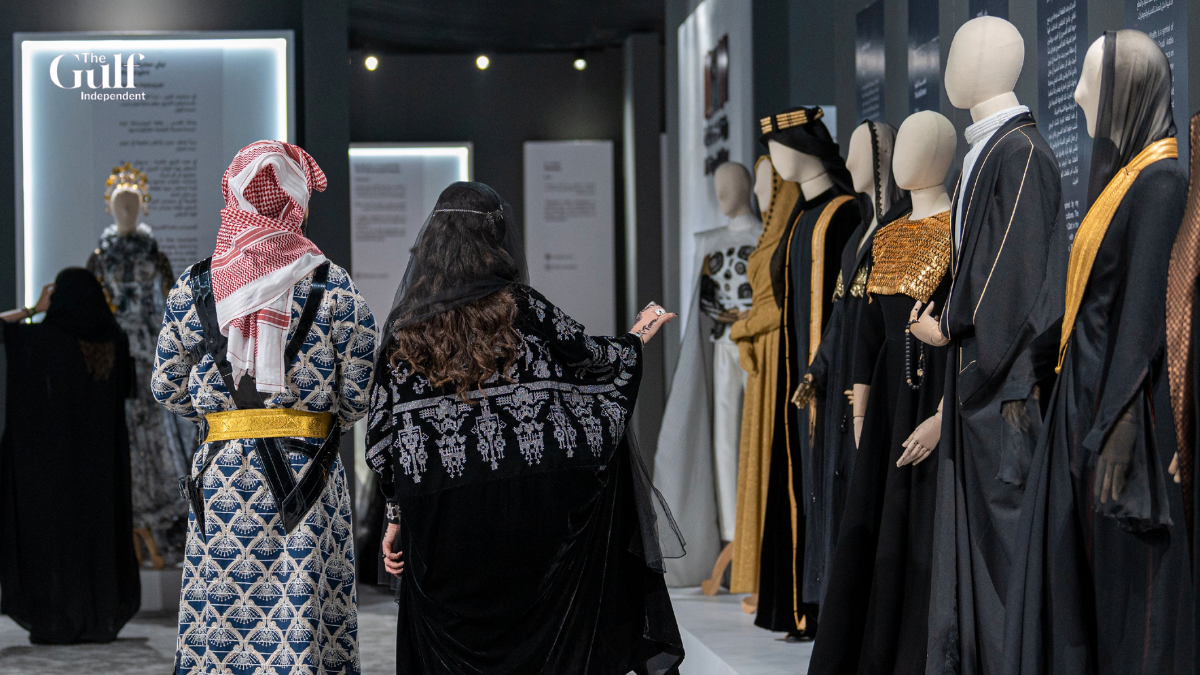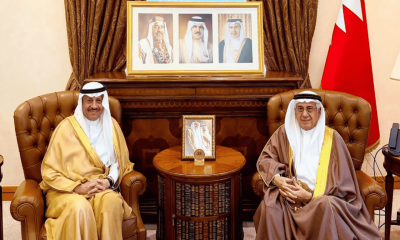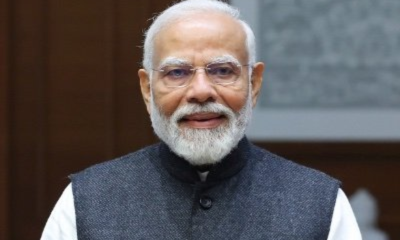The Saudi Fashion Commission is very ambitious to establish a high-end fashion ecosystem in the next 10 years, with plans to shift toward local product development and manufacturing. It’s very much hopeful for “Made in Saudi Arabia”.
Burak Cakmak, CEO of the Saudi Fashion Commission, said the Kingdom imports more than $7 Billion of fashion products annually. He believes that manufacturing even just a small fraction of this amount would provide significant opportunities for the local value chain. Cakmak highlighted the need to develop the technical back end of the industry as the retail front-end develops.
It includes everything from the material they produce, its circularity and sustainability, to the design, development and manufacturing. Saudi Arabia’s ambition to rapidly scale up capabilities in the next decade is an opportunity for manufacturers, logistics providers and specialist machinery suppliers worldwide.
The Commission intends to bring back about 20 percent of fashion imports to generate additional local manufacturing sales of $1.3 Billion. As such, it is looking at foreign direct investors to meet consumer demand. Cakmak described fashion as an integral element of Saudi Arabia’s cultural economy. Fashion is also part of Crown Prince Mohammed bin Salman Al Saud’s Vision 2030 plan to diversify the economy away from fossil fuels.
Acknowledging the challenges, the executive says there are opportunities as well. He said the Saudi Fashion sector is new, as such, it has a chance to do things differently, in terms of sustainability. Cakmak believes the lack of any legacy manufacturing operations, combined with young, tech-savvy designers is the ideal environment for the use of advanced technology. The sector is investing in innovation in a big way, with focus on sustainable material solutions – from recycled materials to alternative solutions.
ALSO READ: Nabil Ennasri, a French Muslim, cycles over 5,000 km to perform Hajj
Taking a deep plunge into technology, the fashion commission seeks to create parallel opportunities for synthetic fibers, associated yarn and fabric production, as well as dye and printing operations. It’s working towards making more sustainable materials for the benefit of Saudi Arabia and the rest of the world. Modest wear is the key driver within Saudi’s fashion industry.
Cakmak said designers have not been able to access the full fashion value chain, attributed to the little opportunity to take creativity to fashion products. The sector hopes quick response manufacturing would transform the design space that is struggling with manufacturing. Local manufacturing will offer consumers a mix of quality, agility and price, making the products less dependent on international imports and take up locally made garments.






















